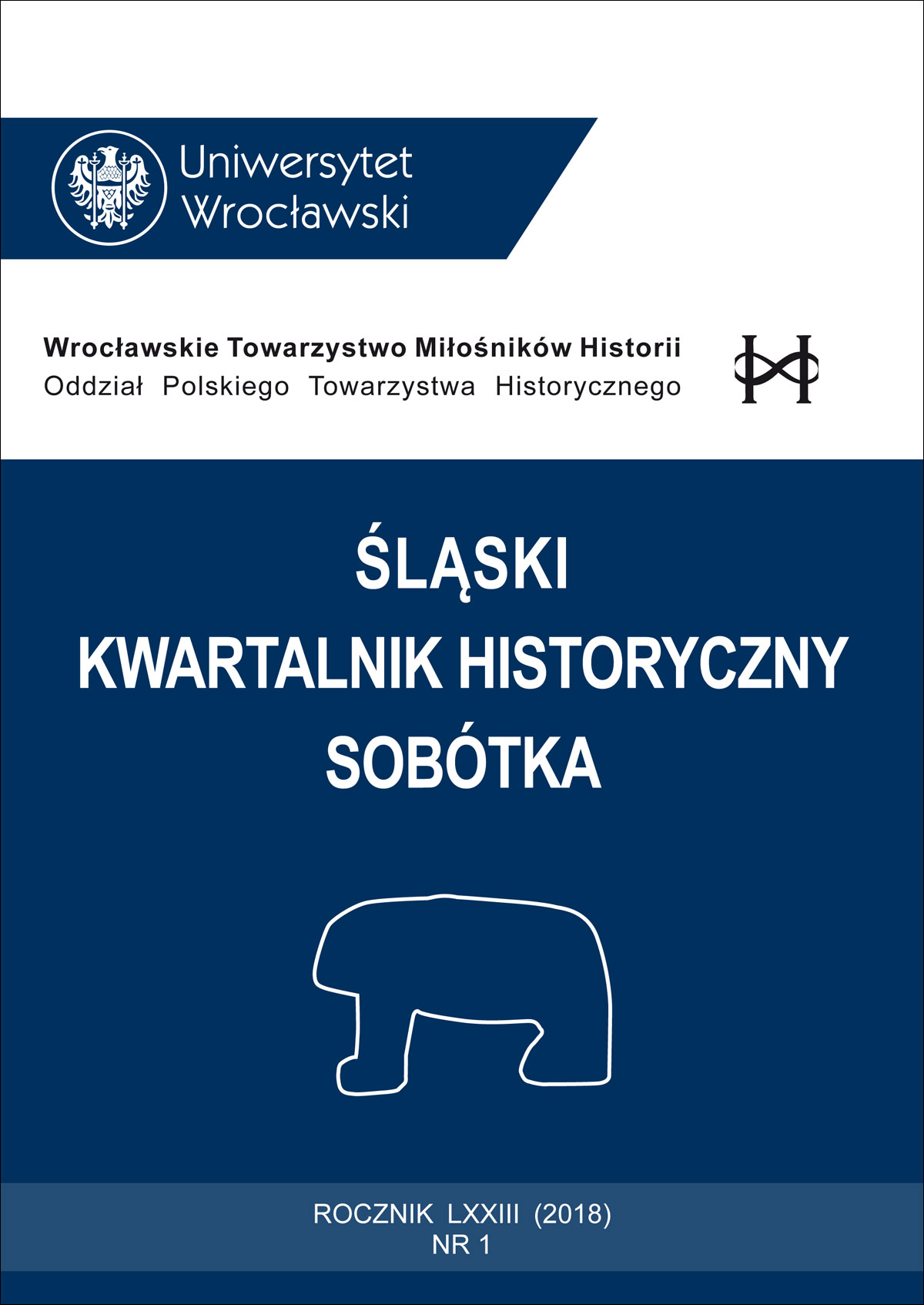Sprawa polska w sejmach Prus i Rzeszy Niemieckiej w 1918 r.
The Polish question in the parliaments of Prussia and the German Reich in 1918
Author(s): Tomasz NodzyńskiSubject(s): Diplomatic history, Political history, Pre-WW I & WW I (1900 -1919)
Published by: Wydawnictwo Uniwersytetu Wrocławskiego
Keywords: 1918; members of parliament (deputies); the Polish question; Landtag; Reichstag
Summary/Abstract: In the period discussed in the article, a gradual change can be observed in the position sof political parties represented in the parliaments of Prussia and the German Reich. Although after the Act of 5th November 1916 the right-wing parties did not approve of the notion of reconstructing the Polish state, they eventually accepted this fact, but demanded the full dependence of the Polish state on Germany and annexation of the north-western border zone of the Kingdom of Poland. On the other hand, the left-wing Social Democratic party recognized Poland’s right to full sovereignty and self-determination– within pre-war borders. Its most radical faction – independent socialists – even recognized the right of Poland to include part of the Prussian partition into its territory. This was a real breakthrough and a sensation given the realities of the two parliaments, as well as for the majority of the German public. Not even all Polish deputies (particularly the conservatives, and some of the Christian Democrats) demanded or expected that much. The majority of Polish deputies, associated with national or Christian democracy (led by Wojciech Trąmpczyński, Władysław Seyda and Wojciech Korfanty) in autumn of 1918 followed Roman Dmowski in demanding that the territory of the entire Prussian partition (within the borders from 1772) as well as parts of Silesia and East Prussia should belong to Poland. All factions of Polish parliamentary clubs, including conservative loyalists, were united in criticism of the Prussian system of Germanisation and demanded that Germany recognise the Polish state – with significant differences regarding the annexation of territories of the Prussian partition and, consequently, the shape of the future Polish-German border. Thus, it can be said that the majority of the deputies in both parliaments in 1918 agreed on one key issue: the reconstruction of the Polish state, regardless of its political status and the final course of its future borders.
Journal: Śląski Kwartalnik Historyczny Sobótka
- Issue Year: 73/2018
- Issue No: 1
- Page Range: 53-76
- Page Count: 24
- Language: Polish

